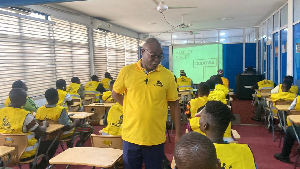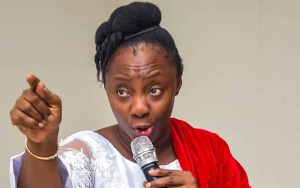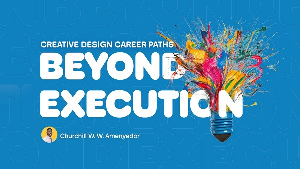Former Deputy Chief of Staff, Alex Segbefia, has said the idea of an all-inclusive government will not be easy so long as there remains a conflict in ideologies at top level of government.
According to Segbefia, members of different political affiliation can only work together if only one party or the other is prepared to work, under instruction, to reach the common national goal.
The former deputy chief of staff was speaking at Radio XYZ’s maiden edition of the Radio XYZ Platform Series. The platform seeks to dialogue on social, political and economical issues affecting the country and possible solutions and outcomes.
He said: “Where ideology at top level becomes debatable it proves difficult to work with others from other political backgrounds. You cannot alter on the ideologies that govern a party. You must accept what a party represents and try to work in achieving the common goal”.
Mr. Segbefia said although all inclusive governance has been put to practice over the years, the national fervor that came from the beginning of colonial liberation is missing, “Most governments presently think of the party interest and self interest. A president must take three things into consideration when making decisions: the national interest first, then party and self interest”.
The first edition in the series which proved to be thought-provoking interaction, discussed the contentious issue of whether or not Ghana as a country should adopt an all-inclusive approach to governance. The round table asks the question "is an all-inclusive government the way forward to the development of Ghana?
Other panelists on the programme included Ambassador K.B. Asante and Member of Parliament for Nabdam, Boniface Agambila while CPP member, Lawyer Kwame Gyantuah moderated the session.
Ambassador K.B. Asante was of the notion that governments can only achieve their targets when they possessed a clear vision and employed competent people to administer, regardless of the political affiliations.
Mr. Boniface on the other hand, entreated concerned stakeholders to identify the patterns and challenges of multi-parties that hampered progress in order to right the wrongs of the past.
General News of Thursday, 5 September 2013
Source: XYZ

















